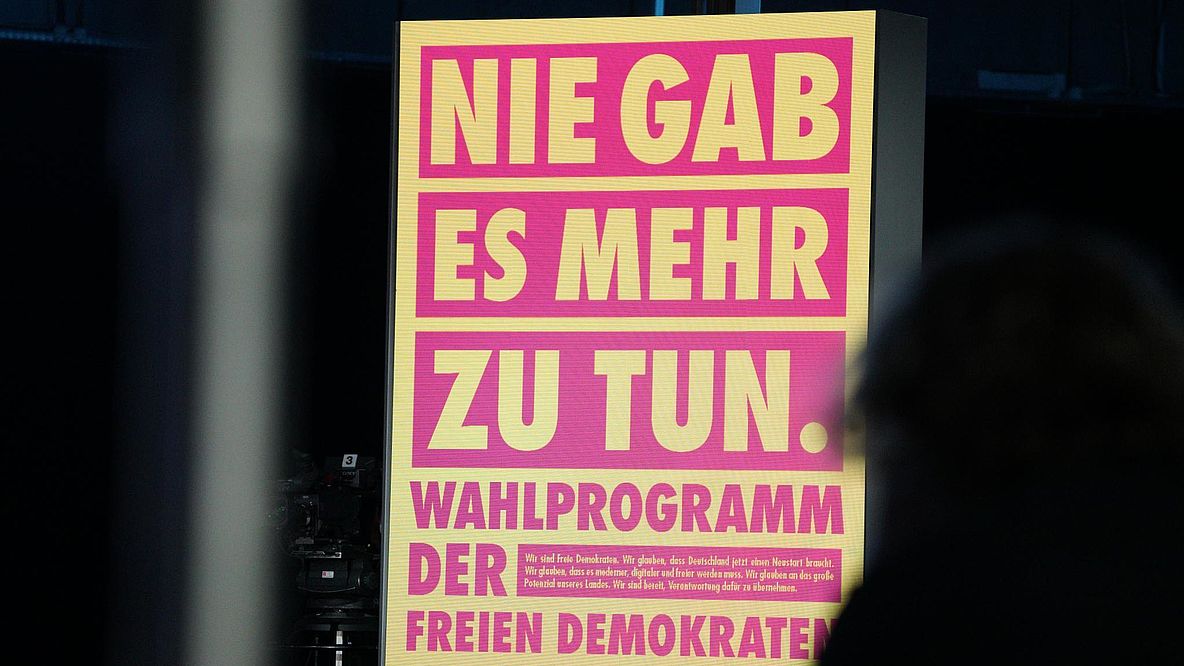FDP for "new forms of citizen consultation"

At its online party conference from 14 to 16 May 2021, the German liberal party FDP spoke out in favour of "new forms of citizen consultation", e.g. also through randomly selected citizens' assemblies. This should strengthen liberal democracy and parliament.
The programme for the Bundestag election now states:
"We Free Democrats are committed to representative democracy. The central places of discussion and decision-making are our parliaments. However, representative democracy also gains from new instruments of citizen participation outside elections. For us, the parliaments are therefore the decisive addressees and clients for more citizen participation, for example through the possibility of citizen consultation by house parliaments, the extension of the right of petition by the "citizens' plenary procedure" or through randomly selected citizens' assemblies. It must always be made unmistakably clear that only parliament makes legitimate decisions, that the mandate to consult is clearly delimited and that expectations are clearly defined."
Participation with added value
The Liberals see the added value of citizens' assemblies in the fact that citizens deal with projects objectively and improve their own power of judgement. Members of parliament would be better informed by the assessments, experiences and ideas of citizens' assemblies participants. In the course of their discussions, the members of the citizens' assemblies themselves reviewed their own positions and possibly changed them. The encounter and direct discussion with others makes democracy tangible.
However, citizens' assemblies are not better parliaments, the Liberals say. The FDP wants to promote the value of well-informed consultation, which is possible not only through citizens' assemblies but also, for example, through house parliaments or the citizens' plenary procedure. This would make parliaments the clients and addressees of citizens' advice. It would objectify the debate, deepen democracy as a way of life and strengthen the legitimacy of parliamentary work.